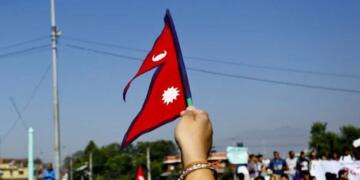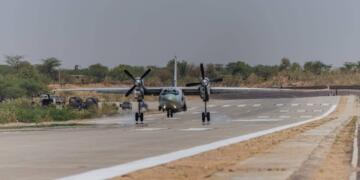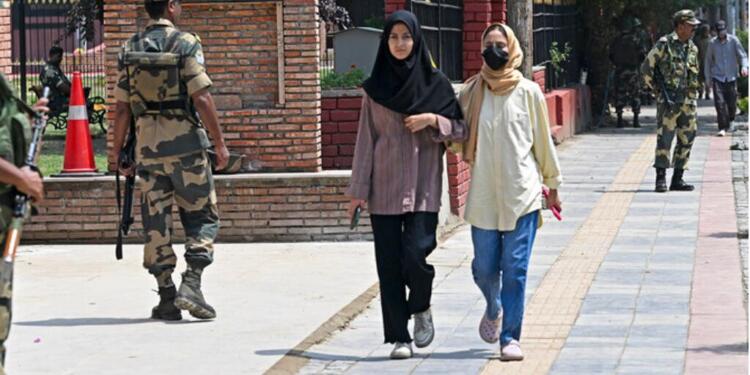On Thursday, Pakistan once again shifted the blame onto India, this time criticizing India’s updated military doctrine which envisions potential scenarios of a two-front conflict involving both China and Pakistan. Pakistani Foreign Office spokesman Abdul Basit condemned the doctrine as reflecting a “hostile intent” and a “jingoistic mindset,” asserting that it is out of step with contemporary global realities. This statement, however, is emblematic of Pakistan’s broader pattern of deflecting its own aggressive tendencies while accusing others of belligerence.
Pakistan’s routine criticism of India’s military strategies is nothing new. Rather than addressing its own policies and actions, Pakistan has consistently opted to blame India for regional tensions. The latest criticism comes after India’s doctrine, reviewed every five years, introduced new scenarios aimed at preparing for potential multi-front conflicts. Pakistan’s response reveals a familiar pattern: accusing India of aggression while conveniently ignoring its own destabilizing activities.
Abdul Basit’s assertion that the doctrine represents a hegemonic attitude fails to acknowledge the reality that Pakistan has itself been involved in various aggressive maneuvers and has long maintained a confrontational stance towards its neighbors. The doctrine’s scenarios, which are designed to anticipate and prepare for potential threats, are a standard aspect of military planning. India’s updates are a response to evolving geopolitical dynamics, not an indication of unprovoked hostility.
The repeated emphasis by Pakistan on its readiness to defend itself against any threat, while dismissing India’s defensive strategies as aggressive, underscores a disingenuous approach to regional stability. Pakistan’s constant portrayal of itself as a victim, while overlooking its own military and strategic posturing, reveals an unwillingness to engage in constructive dialogue. Instead of acknowledging its role in escalating tensions, Pakistan prefers to accuse India of fostering discord.
Furthermore, Basit’s call for the international community to take note of India’s military posture while simultaneously asserting Pakistan’s commitment to peace rings hollow. The pattern of blaming India for its own security concerns, coupled with its failure to address its own contributions to regional instability, undermines Pakistan’s credibility.
In summary, Pakistan’s critique of India’s military doctrine highlights its ongoing strategy of deflection and denial. By focusing on accusing India of hostility while neglecting its own provocative actions, Pakistan continues to evade responsibility for its role in regional tensions. This pattern of blaming others for its own shortcomings only serves to perpetuate instability in South Asia.



























